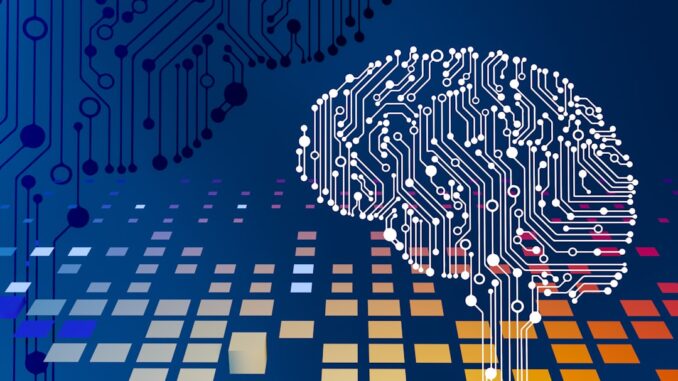
In recent years, artificial intelligence (AI) has emerged as a transformative force in addiction recovery, offering innovative solutions that complement traditional therapeutic approaches. By harnessing vast datasets and sophisticated algorithms, AI is reshaping how individuals and healthcare providers address the complexities of addiction.
Personalized Treatment Plans
One of the most significant contributions of AI to addiction recovery is the development of personalized treatment plans. Unlike the traditional one-size-fits-all approach, AI analyzes a patient’s unique medical history, behavioral patterns, and genetic information to craft tailored interventions. For instance, AI systems can process genetic markers and current symptoms to create customized treatment strategies that adapt in real-time as the patient’s needs evolve. This dynamic approach ensures that each individual receives care that aligns closely with their specific circumstances, enhancing the likelihood of successful recovery.
Continuous Support and Monitoring
AI-powered tools provide continuous support and monitoring, bridging the gap between therapy sessions and offering assistance during critical moments. Virtual therapists and chatbots, accessible 24/7, offer immediate support, coping strategies, and crisis intervention techniques. These AI companions are designed to simulate human empathy and therapeutic dialogue, providing nonjudgmental interactions that can de-escalate crisis moments and offer ongoing guidance. Such tools are particularly beneficial for individuals who may struggle with in-person visits or fear societal stigma, offering a safe and confidential environment for seeking help.
Moreover, AI-driven applications can track mood swings, cravings, and behavioral patterns, fostering constant monitoring and accountability. By analyzing data such as treatment responses, engagement levels, and social determinants, AI can help clinicians identify at-risk individuals before a relapse occurs. This predictive capability allows for early intervention, reducing the likelihood of setbacks during recovery and improving overall treatment outcomes.
Predictive Relapse Prevention
Predictive relapse prevention is another area where AI demonstrates its potential. By analyzing patterns in speech, behavior, and physiological markers, AI systems can alert clinicians to early warning signs of potential relapse. For example, AI algorithms can process vast amounts of data, including genetic information, medical history, and behavioral patterns, to generate detailed treatment plans tailored to the unique needs of each individual. This approach significantly enhances the effectiveness of addiction recovery programs, ensuring that treatment plans are designed considering an individual’s specific goals and challenges.
Additionally, AI tools can monitor health metrics like heart rate, sleep, and daily habits, delivering real-time insights into withdrawal symptoms, triggers, and stress levels. This continuous monitoring enables clinicians to detect risks early, facilitating timely interventions and reducing the risk of relapse. Such proactive measures are crucial in maintaining long-term sobriety and supporting individuals throughout their recovery journey.
Integration with Traditional Therapies
While AI offers powerful tools, it does not replace the compassionate care provided by human therapists. Instead, it enhances their ability to deliver personalized care. Clinicians can use AI insights to focus their expertise where it’s needed most, creating a synergy between technology and human connection. This integrated approach ensures that individuals receive comprehensive support that addresses both the technological and human aspects of recovery.
Ethical Considerations and Data Privacy
The integration of AI into addiction treatment also brings ethical considerations, particularly concerning data privacy and security. Ensuring that patient data is handled responsibly and ethically is paramount. AI systems must be designed to protect sensitive information and maintain confidentiality, fostering trust between patients and healthcare providers. Addressing these concerns is essential for the widespread adoption of AI in addiction recovery programs.
Conclusion
Artificial intelligence is revolutionizing addiction recovery by offering personalized treatment plans, continuous support, and predictive relapse prevention. AI-driven tools provide real-time assistance and data-driven insights that enhance recovery outcomes. As technology advances, integrating AI into addiction treatment promises more accessible and effective support for individuals on their journey to sobriety.
References


Be the first to comment